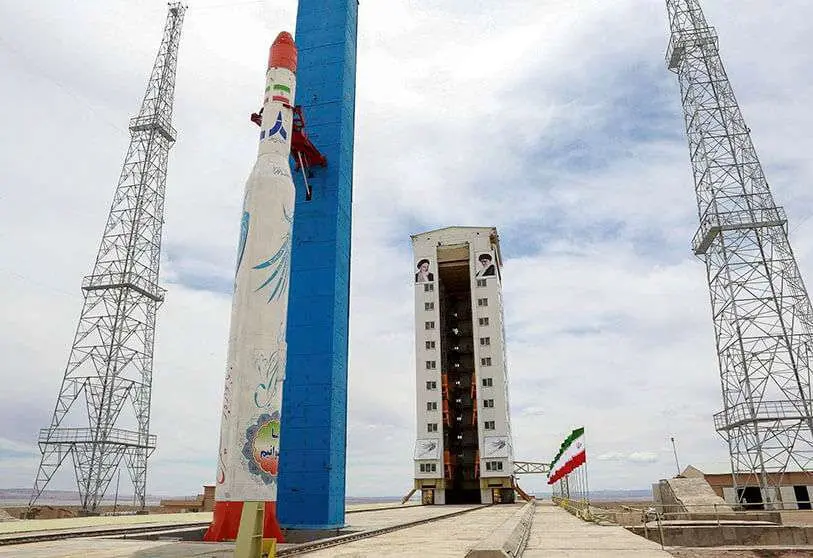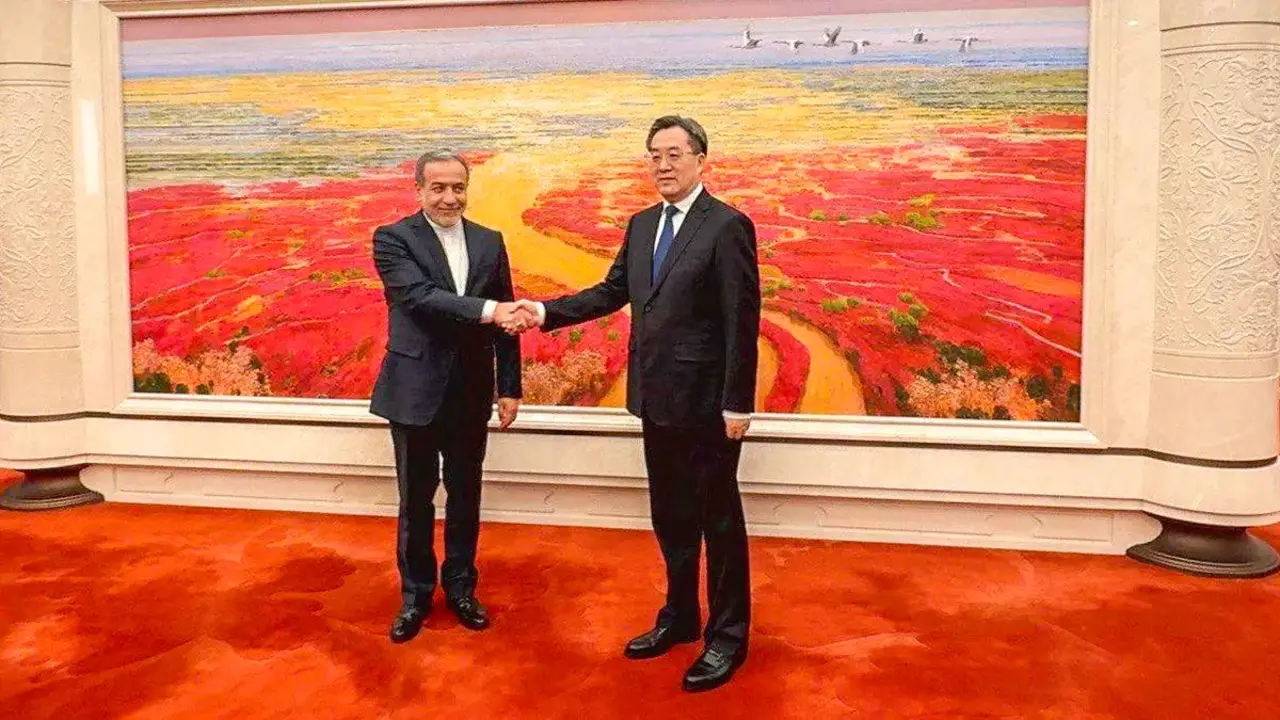Iran launches its first military satellite successfully

The Islamic Republic of Iran has successfully launched its first military satellite, as announced Sepahnews, the official website of the Revolutionary Guard (the elite body of the Iranian Army). In view of this important movement, alarms have been raised in the United States about the possible intention behind this action, which could be part of another secret missile development plan.
"As the first military satellite of the Islamic Republic of Iran, the Islamic Revolutionary Guard (IRGC) successfully launched the Noor satellite on Wednesday morning from a three-stage satellite platform in Iran's central desert," the IRGC reported in Sepahnews, adding that "this action will be a great achievement and a new development in the field of space for Islamic Iran"
Noor has been successfully sent into space from the Markazi area, in a region with some proximity to the capital Tehran. According to the sources of the Special Forces of the Iranian Armed Forces, the satellite has been put into orbit 425 kilometers from the Earth in what is a true milestone in Persian space history and a "great success" for the authorities of the Ayatollahs' regime.
The United States considers these Iranian maneuvers to be a threat and a provocation, and they also cover up a ballistic missile development programme.
For their part, the Iranian authorities have assured that their space programme has "peaceful purposes" and that their actions are "transparent", adhering to the international regulatory framework in this area.
This operation occurs after the attempt to send another satellite, Zafar, at the beginning of February, but without managing to put it into orbit. The Iranian regime tried again on this occasion after other previous developments and again was unsuccessful. The Zafar project failed and didn't reach the orbital station, according to the Iranian Space Agency (ISA). The launch of this satellite was also described at the time as a "provocation" by the American government of Donald Trump; Especially, taking into account that the rocket was going to transmit the image of General Qassem Soleimani, who died at the beginning of the year in a military operation with drones carried out by the US Armed Forces on January 3 in the surroundings of the airport of the Iraqi capital of Baghdad, in which Abu Mahdi al-Muhandis, vice-president of the Shiite militias of the People's Mobilization Forces (PMS) of Iraq, was also eliminated.
The leaders of the Persian space program put this setback into perspective right after it, announcing what was to come and comparing it with other failed attempts even by the American giant. "The launch of the Zafar satellite has failed, as have many other American scientific projects such as Falcon 9, Juno II, Atlas, Proton M and Antares. Even so, we are unstoppable. There are still many Iranian satellites to come," said Iranian Telecommunications Minister Mohammad Yavad Azeri Yahromi on the social network Twitter.
Iran's space programme continues amidst warnings from the US, which in 2018 abandoned the nuclear pact signed with Iran and powers such as Russia, China, Germany, France, the United Kingdom and the European Union (EU) in 2015 (JCPOA), which limited the Persian atomic programme in exchange for political and economic prerogatives. The Trump Administration withdrew from the agreement after denouncing breaches by the Islamic Republic of Iran and began to impose economic sanctions, including a limit on trade in crude oil, the main source of Iranian funding.
In response to this punishment, Iranian President Hassan Rohani threatened to continue dealing with his oil and to blockade the Strait of Ormuz, the main transit area for world oil trade. Warnings were followed by incidents related to cargo ships in Gulf waters and attacks on oil and airport facilities in Saudi Arabia (a great rival of Iran in the Middle East and the main representative of the Sunni branch of Islam, as opposed to the Shiite one defended by the Iranian community). These offensives were blamed on the regime of the ayatollahs and on pro-Iranian agents sponsored by the Quds Forces, the international division of the Revolutionary Guard of Iran, and which operate in countries like Iraq, Lebanon, Syria or Yemen. All this within a framework of strong escalation of regional tension.








